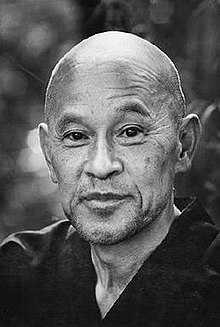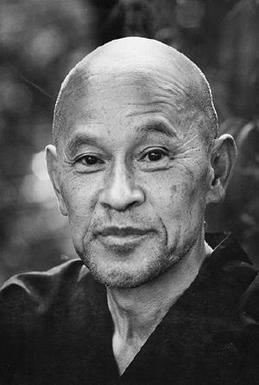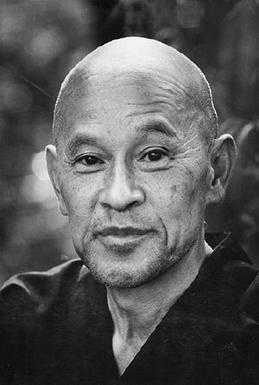"In the beginner’s mind there are many possibilities, but in the expert’s there are few."
SHUNRYU SUZUKI
2K
23.5K reads
CURATED FROM
IDEAS CURATED BY
The idea is part of this collection:
Learn more about problemsolving with this collection
How to overcome fear of rejection
How to embrace vulnerability
Why vulnerability is important for personal growth
Related collections
Similar ideas
In the beginner’s mind, there are many possibilities, In the expert’s mind, there are few.
ZEN MONK SHUNRYU SUZUKI
“If your mind is empty, it is always ready for anything, it is open to everything. In the beginner’s mind there are many possibilities, but in the expert’s mind there are few.”
ZEN BUDDHIST MONK SHUNRYU SUZUKI
Read & Learn
20x Faster
without
deepstash
with
deepstash
with
deepstash
Personalized microlearning
—
100+ Learning Journeys
—
Access to 200,000+ ideas
—
Access to the mobile app
—
Unlimited idea saving
—
—
Unlimited history
—
—
Unlimited listening to ideas
—
—
Downloading & offline access
—
—
Supercharge your mind with one idea per day
Enter your email and spend 1 minute every day to learn something new.
I agree to receive email updates



